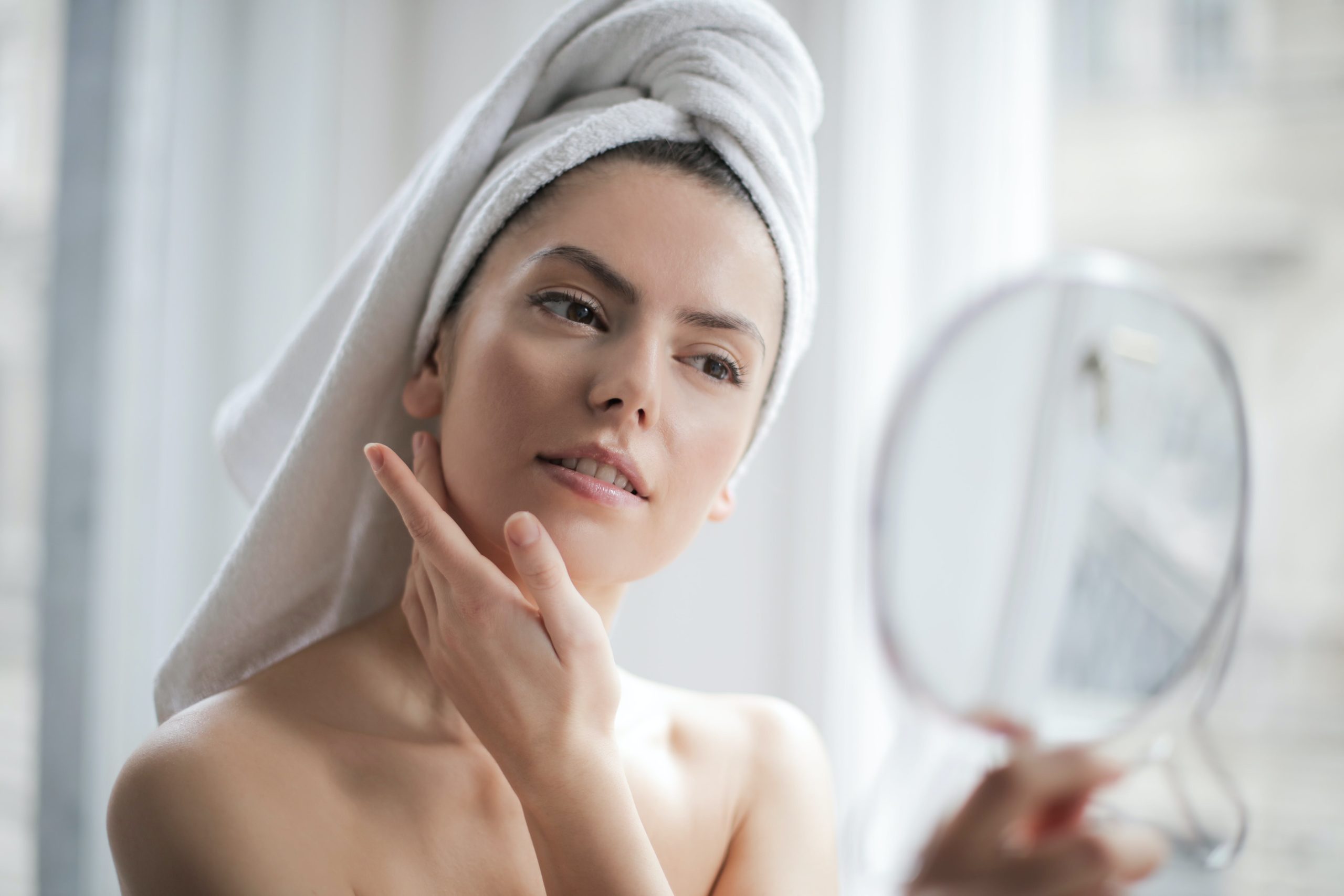In skincare, a revolutionary concept has taken center stage – the microbiome. Long gone are the days when skincare was solely about cleansers, toners, and moisturizers.
The microbiome, a complex community of microorganisms inhabiting our skin, has come outd as a crucial player in the quest for radiant and healthy skin.
In this article, we will delve into the role of the microbiome in skincare, understanding how these tiny inhabitants influence our skin’s health and appearance.
The Microbiome Unveiled
Before we explore the connection between the microbiome and skincare, let’s demystify what the microbiome is. The human microbiome refers to the trillions of microorganisms, including bacteria, fungi, viruses, and other microbes, living on and inside our bodies. On the skin, this diverse community forms a protective barrier known as the skin microbiome.
This microbiome is not a mere bystander; it plays a pivotal role in maintaining skin health. The delicate balance of these microorganisms contributes to various functions, such as preventing harmful pathogens, regulating inflammation, and supporting the skin’s natural defenses.
Microbiome and Skin Health
1. Defending Against Pathogens
The skin microbiome acts as a frontline defense against harmful pathogens. Beneficial bacteria on the skin outcompete potential invaders, creating an environment that discourages the growth of harmful microbes. This defense mechanism helps prevent infections and skin disorders.
2. Regulating Inflammation
A balanced microbiome contributes to the regulation of inflammation in the skin. When the microbiome is in harmony, it helps control the immune response, reducing the risk of chronic inflammation associated with conditions like acne, eczema, and psoriasis.
3. Supporting the Skin Barrier
The skin barrier, a crucial component of skin health, is influenced by the microbiome. A well-balanced microbiome enhances the skin barrier’s function, reducing moisture loss and maintaining optimal hydration. This, in turn, contributes to smoother, more resilient skin.
Disruptors of the Microbiome
While the microbiome is resilient, various factors can disrupt its delicate balance, impacting skin health. Understanding these disruptors is essential for maintaining a healthy and thriving microbiome.
1. Antibiotics and Harsh Cleansers
Prolonged use of antibiotics and harsh cleansers can strip the skin of both harmful and beneficial bacteria, disrupting the microbiome’s equilibrium. This imbalance may lead to skin issues, emphasizing the need for mindful skincare practices.
2. Diet and Lifestyle
Diet and lifestyle choices, such as a high-sugar diet or excessive use of antibacterial products, can influence the composition of the skin microbiome. Consuming a diverse, nutrient-rich diet and adopting healthy habits can positively impact the microbiome.
3. Environmental Factors
Environmental factors, including pollution and UV radiation, can also affect the skin microbiome. These stressors may compromise the microbiome’s ability to protect the skin, emphasizing the importance of incorporating protective measures into your skincare routine.
Nurturing the Microbiome: Skincare Practices
Now that we understand the critical role of the microbiome in skin health, let’s explore how to nurture and support this intricate ecosystem through mindful skincare practices.
1. Gentle Cleansing
Opt for gentle cleansers that cleanse without stripping the skin of its natural oils. Harsh cleansers can disrupt the microbiome, so choose products that promote a clean yet balanced environment.
2. Probiotic and Prebiotic Skincare
Embrace skincare products containing probiotics or prebiotics. Probiotics introduce beneficial bacteria, while prebiotics provide nourishment for existing microorganisms. These products can help restore and maintain a healthy microbiome.
3. Balanced Diet
A well-balanced diet rich in fruits, vegetables, and probiotic-rich foods supports overall health, including the microbiome. Consider incorporating fermented foods like yogurt, kefir, and sauerkraut into your diet for an extra boost.
Conclusion
The microbiome’s role in skincare is a fascinating and transformative discovery that has revolutionized how we approach skincare. By understanding the symbiotic relationship between our skin and its microbial inhabitants, we can make informed choices to support and nurture this delicate ecosystem. From defending against pathogens to regulating inflammation and supporting the skin barrier, the microbiome is a powerful ally in our quest for radiant and healthy skin.
FAQs
Q1: How do I know if my skin microbiome is imbalanced?
Signs of an imbalanced microbiome include persistent skin issues, redness, inflammation, or increased sensitivity. If you notice these signs, consider adjusting your skincare routine and consulting a dermatologist for personalized advice.
Q2: Can I overdo probiotics in my skincare routine?
While probiotics can be beneficial, moderation is key. Using too many probiotic products may disrupt the balance of the microbiome. Introduce them gradually and observe how your skin responds.
Q3: Are there specific ingredients to avoid for a healthy microbiome?
Harsh cleansers, antibacterial products, and excessive use of antibiotics can disrupt the microbiome. Look for skincare products with mild ingredients and consider the overall impact of your lifestyle choices on your skin health.



